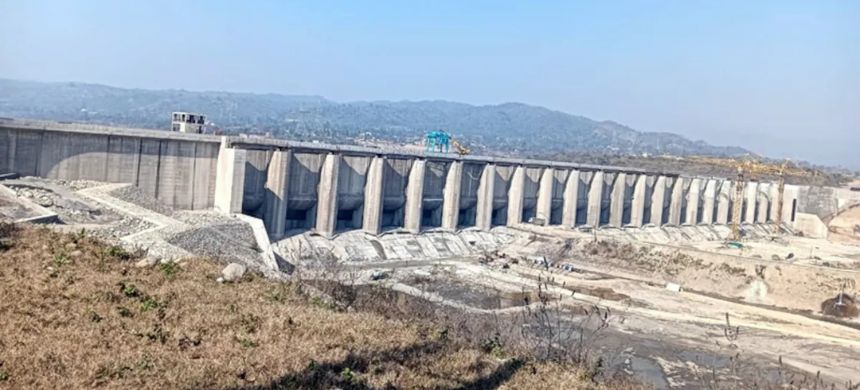Heavy monsoon rains and water releases from India have triggered severe flooding in Punjab, submerging villages and forcing authorities to breach smaller reservoirs and barrages to prevent collapse. The situation has reignited debate on social media over Pakistan’s inability to build major dams on the Ravi, Beas, and Sutlej rivers, with many arguing such projects could have reduced the scale of flooding.
Government officials have also highlighted the urgent need for new water storage projects. However, experts stress that Pakistan cannot legally construct large dams on these eastern rivers. Under the Indus Waters Treaty, full rights over Ravi, Beas, and Sutlej rest with India, while Pakistan holds unrestricted rights over the Indus, Jhelum, and Chenab.
“Pakistan cannot build storage dams on rivers that belong to India under the treaty, though run-of-the-river projects are allowed,” explained water expert Arshad H. Abbasi. He added that unplanned urbanization, encroachment, and settlements along riverbeds have further worsened the flood damage.
Pakistan’s current water storage capacity stands at just 13–14 million acre-feet — barely a month’s supply compared to the international benchmark of 120 days. To address this, the government is advancing mega projects like Diamer-Bhasha and Mohmand dams on western rivers.
Analyst Arif Anwar noted that while India has already built huge reservoirs on its rivers, Pakistan still has the right to construct major storage on its western rivers. “The real obstacles are political will and financing,” he said. He further pointed out that devastating floods in 2010 and 2022 originated from western rivers, and major reservoirs there could have reduced the destruction.
Experts argue the public debate often overlooks the treaty’s legal framework, causing confusion. Earlier this year, India announced suspension of the Indus Waters Treaty, which Pakistan rejected as a breach of international law. India has since been notifying Pakistan of water releases through diplomatic channels rather than the Permanent Indus Commission.
Specialists warn that if Pakistan were to build reservoirs on India’s allocated rivers, it would effectively break the treaty and give India grounds to terminate it — a move currently not possible under international arbitration rulings.
As Pakistan is facing worst floods in history, Buner Floods Turns Wedding Joy into 24 Funerals











